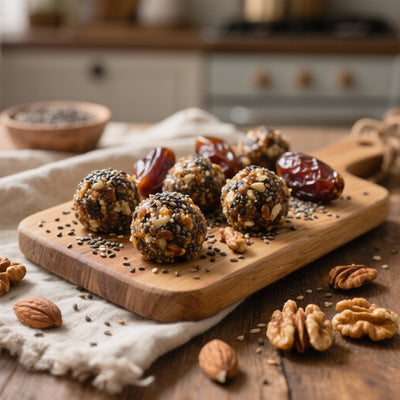The Paradoxical Gratitude: Why 96% of Gratitude Journals Can Increase Guilt
Gratitude journals are often touted as a panacea for mental well-being. The idea is simple: regularly write down the things you are grateful for. This seems like a simple and effective practice for increasing happiness and reducing stress. However, a recent study reveals a troubling paradox: for 96% of individuals, keeping a gratitude journal can actually increase feelings of guilt. How is this possible? And how can you avoid this pitfall? This article explores the reasons for this counterintuitive phenomenon and offers concrete solutions to transform your gratitude practice into a truly beneficial tool.
We will delve into the heart of this paradox by examining the psychological mechanisms at play. We will see how misunderstood gratitude can lead to feelings of obligation, social comparison, and ultimately, guilt. Then, we will explore proven strategies for practicing gratitude authentically and healthily, transforming this potentially harmful practice into a source of joy and serenity.
The Trap of Instrumental Gratitude
The problem often begins when gratitude becomes instrumental. Instead of being a genuine and spontaneous emotion, it transforms into a task to be checked off a list. We force ourselves to find things to be grateful for, not because we truly feel them, but because we're told they're good for us. This forced approach can create a sense of inauthenticity and pressure, leading to guilt.
Social Comparison and the Sense of Obligation
Keeping a gratitude journal can also trigger social comparisons. By focusing on what we have, we may unintentionally compare ourselves to those who have less, which can lead to survivor's guilt or feelings of privilege. Furthermore, gratitude can sometimes morph into a sense of obligation. If someone has done us a favor, we may feel compelled to reciprocate, which can be a source of stress and guilt if we are unable to do so.
The Role of Self-Esteem
Self-esteem plays a crucial role in how we perceive gratitude. People with low self-esteem may struggle to feel worthy of others' gratitude. They may interpret kindness as a form of pity or obligation, which reinforces their feelings of unworthiness and guilt. Conversely, people with healthy self-esteem are more likely to accept gratitude with joy and appreciation, without feeling guilty or obligated.
Alternatives for Healthy Gratitude
Fortunately, there are ways to practice gratitude in a healthy and authentic way. Here are some proven strategies:
- Focus on the little things: Instead of looking for grandiose reasons to be grateful, focus your attention on the small pleasures of everyday life: a hot cup of tea, a ray of sunshine, a smile exchanged with a stranger.
- Expressing gratitude to others: Saying thank you to someone for a service rendered or simply for their presence in your life is an excellent way to strengthen social bonds and cultivate a sense of connection.
- Practice active gratitude: Instead of simply writing down the things you are grateful for, act on them. If you are grateful for your health, take care of your body by exercising and eating well.
- Be authentic: Don't force yourself to be grateful if you don't feel it. It's better to accept your negative emotions and explore them rather than masking them behind a facade of forced gratitude.
The Gratitude Journal Reinvented
If you wish to continue keeping a gratitude journal, here are some tips to avoid the guilt trap:
- Avoid comparisons: Focus on your own experience and avoid comparing yourself to others.
- Be specific: Instead of simply writing "I am grateful for my family," describe the specific reasons why you are grateful for your family.
- Vary the perspectives: Try writing about the things you are grateful for from another person's point of view.
- Be kind to yourself: If you feel guilty or obligated, don't judge yourself. Accept your emotions and try to understand what triggers them.
"Gratitude is not a feeling, but an attitude." - Anonymous
Transforming Gratitude into a Positive Force
Gratitude is a powerful tool for improving mental well-being, but it's important to use it with care. By understanding the potential pitfalls of instrumental gratitude and social comparison, you can transform this practice into a source of joy and serenity. Remember that genuine gratitude is a gift you give to yourself and others.











